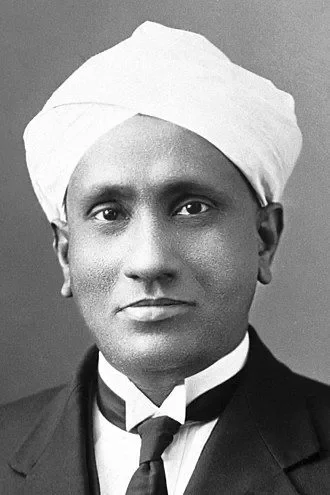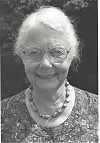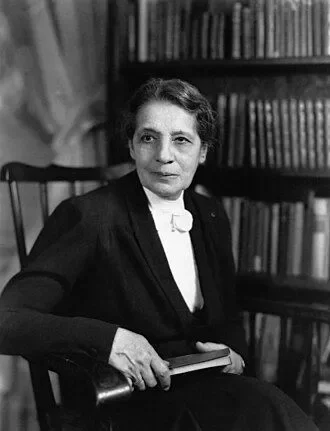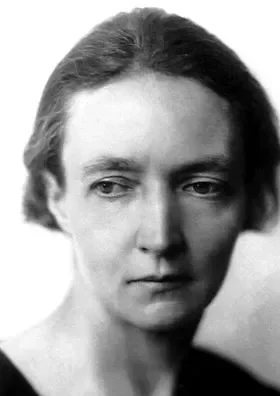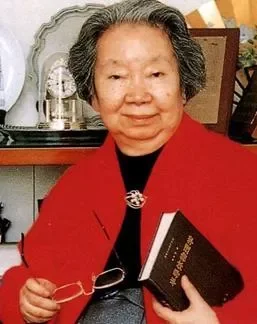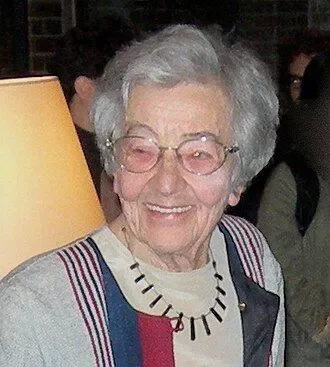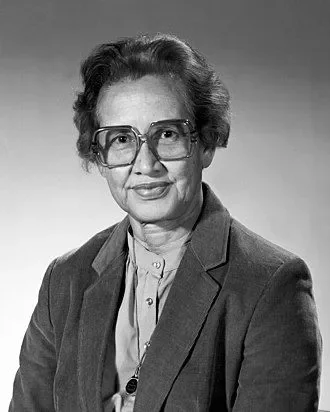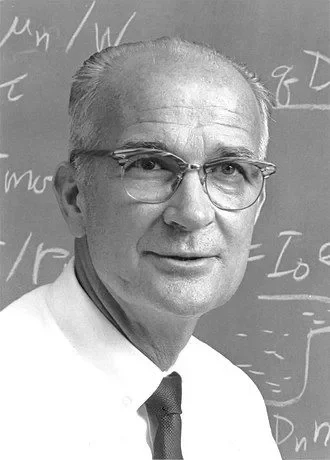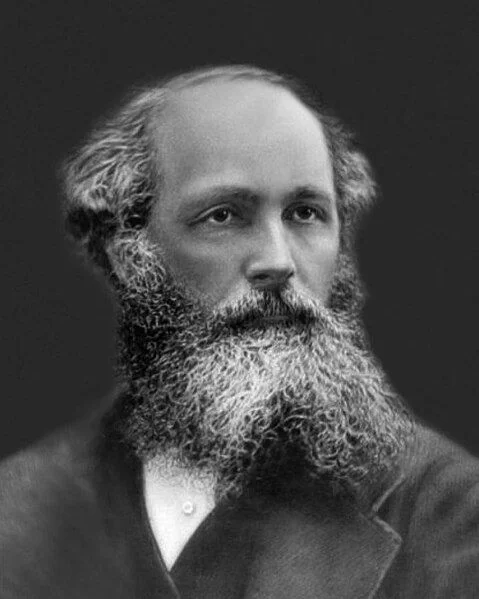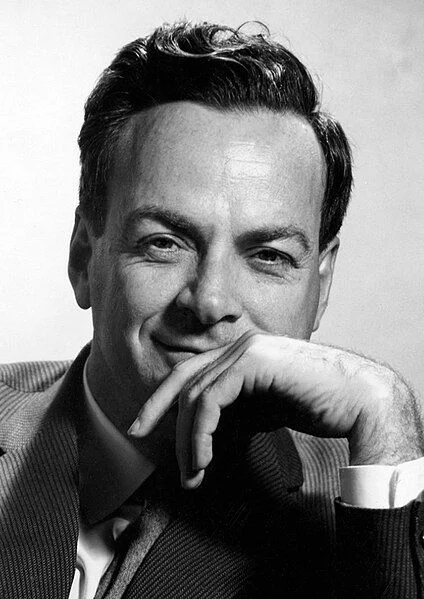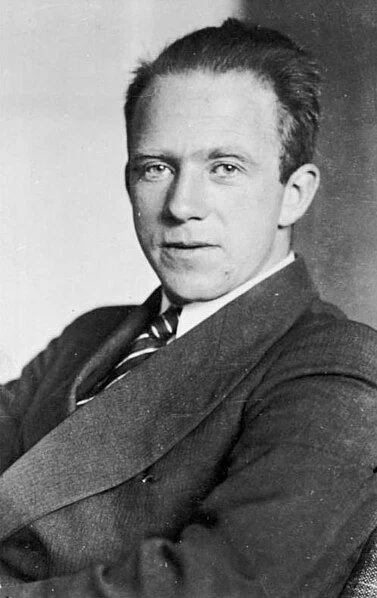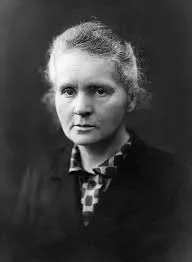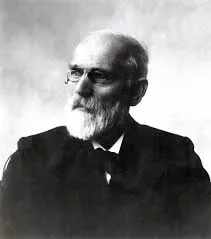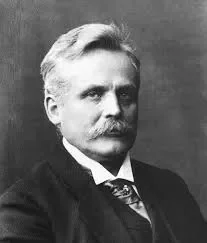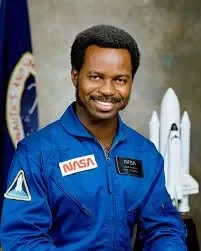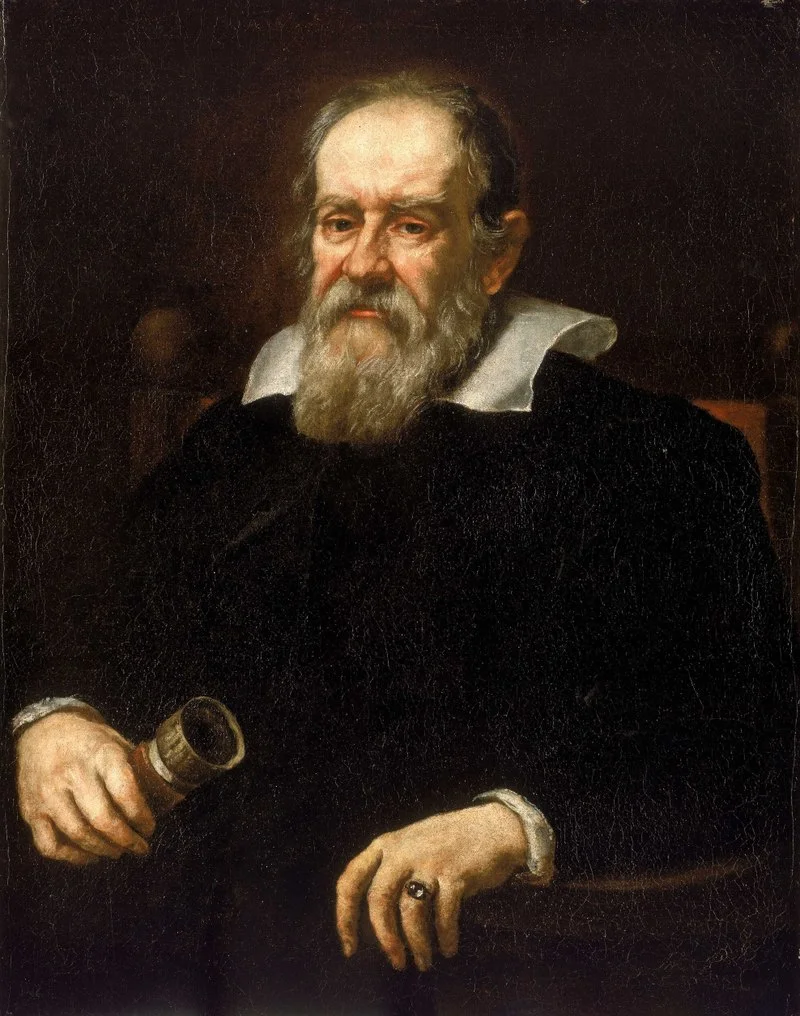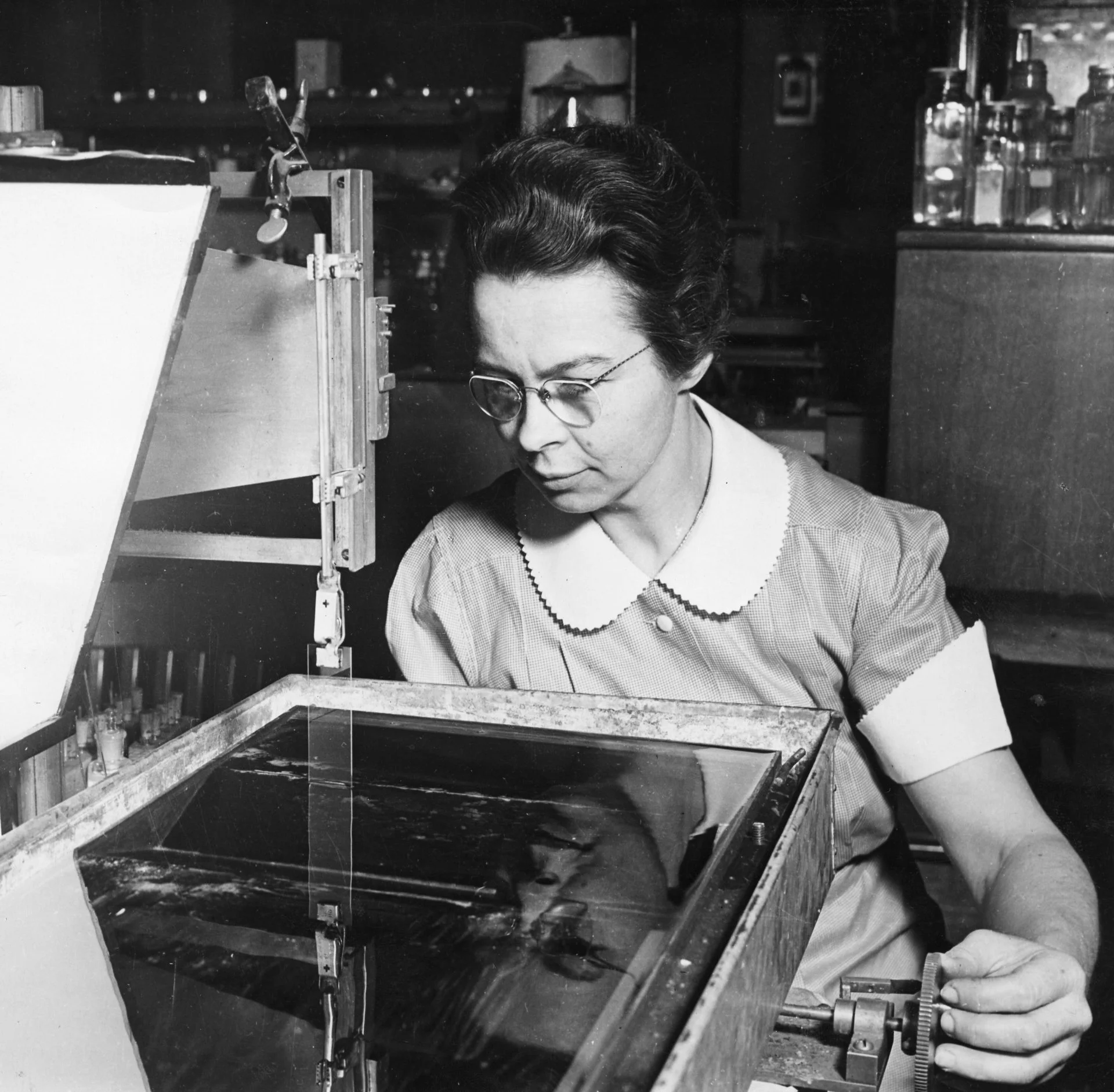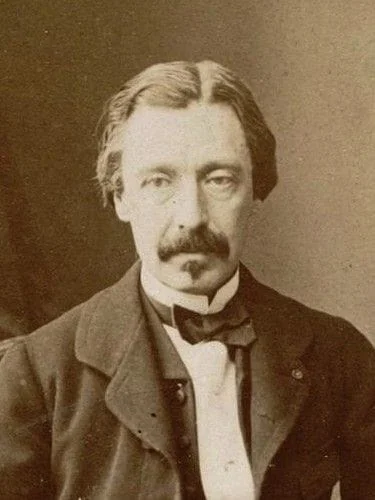Real Celebrities Never Die!
OR
Search For Past Celebrities Whose Birthday You Share
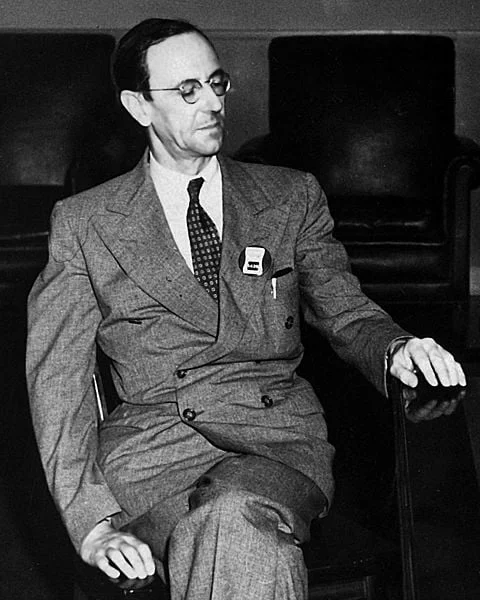
source:wikipedia.org
James Chadwick
Birthday:
20 Oct, 1891
Date of Death:
24 Jul, 1974
Cause of death:
Died in his sleep
Nationality:
British
Famous As:
Physicist
Age at the time of death:
82
James Chadwick's Quote's
Early Life and Education
James Chadwick, a British physicist, was born on October 20, 1891, in Bollington, England. Throughout his life, Chadwick made significant contributions to the field of nuclear physics, most notably his discovery of the neutron.
University of Manchester and Early Research
In 1910, Chadwick began his studies at the University of Manchester, where he worked under the supervision of Ernest Rutherford. Under Rutherford’s guidance, Chadwick became involved in research on radioactivity and atomic structure, which was a burgeoning field at the time. Chadwick’s aptitude for experimental work became evident during his time at the university.
World War I and Post-War Research
In 1913, James Chadwick completed his undergraduate studies and received a scholarship to continue his research in Rutherford’s laboratory. During World War I, he briefly served in the British Army as a research officer, contributing to the development of anti-submarine warfare techniques.
The Discovery of the Neutron
After the war, Chadwick returned to the University of Cambridge and worked with Rutherford on various research projects. In 1932, he made a groundbreaking discovery that would revolutionize our understanding of atomic structure. Using a series of experiments, Chadwick confirmed the existence of the neutron—a particle with no electrical charge but with a mass nearly equal to that of a proton.
Nobel Prize and Scientific Impact
Chadwick’s discovery of the neutron provided a crucial missing piece to the puzzle of atomic structure. It explained the discrepancy between the atomic mass and the number of protons in an atom. This groundbreaking work earned him the Nobel Prize in Physics in 1935, solidifying his position as one of the leading scientists of his time.
World War II and the Development of Atomic Weapons
In the late 1930s, James Chadwick became increasingly concerned about the potential military applications of nuclear fission, a process that he had worked on alongside Otto Hahn and Lise Meitner. With the outbreak of World War II, Chadwick was tasked with leading the British team in developing atomic weapons. He played a key role in the Tube Alloys project, which eventually led to the creation of the atomic bomb.
Post-War Career and Nuclear Energy
Following the war, Chadwick focused on the peaceful applications of nuclear energy. He became the head of the Atomic Energy Research Establishment (AERE) at Harwell, England, where he oversaw research on nuclear power generation and radiation therapy. Chadwick’s leadership was instrumental in establishing the United Kingdom as a major player in the field of nuclear research.
Later Years and Knighthood
In 1950, Chadwick was knighted for his contributions to science. He continued to work at AERE until his retirement in 1958. Despite his retirement, Chadwick remained active in scientific circles, participating in international conferences and advising governments on nuclear matters.
Legacy and Conclusion
Sir James Chadwick passed away on July 24, 1974, leaving behind a remarkable scientific legacy. His discovery of the neutron fundamentally reshaped our understanding of atomic structure and paved the way for numerous advancements in nuclear physics. Moreover, his work during World War II played a critical role in the development of atomic weapons, albeit with ethical and moral considerations that continue to be debated to this day. Chadwick’s dedication to scientific research and his contributions to both fundamental physics and applied nuclear science have secured his place as one of the most influential scientists of the 20th century. His legacy serves as a reminder of the immense impact that a single individual can have on the advancement of human knowledge.
Name:
James Chadwick
Popular Name:
James Chadwick
Gender:
Male
Cause of Death:
Died in his sleep
Spouse:
Place of Birth:
Bollington, Cheshire, United Kingdom
Place of Death:
Cambridge, United Kingdom
Occupation / Profession:
Personality Type
Debater: Smart and curious thinkers who cannot resist an intellectual challenge. He demonstrated creativity and a strong work ethic.
He studied under Ernest Rutherford
When Herbert Becker and Walter Bothe directed alpha particles (helium nuclei) at beryllium in 1930, a strong, penetrating radiation was emitted., James Chadwick proved that it consisted of a neutral particle with about the same mass as a proton.
Companion of Honour (1970)
Copley Medal (1950)a
Faraday Medal (1950)
Fellow of the Royal Society (1927)
Franklin Medal (1951)
Guthrie Medal and Prize (1967)
Hughes Medal (1932)
Knight Bachelor (1945)
Melchett Medal (1946)
Nobel Prize in Physics (1935)

